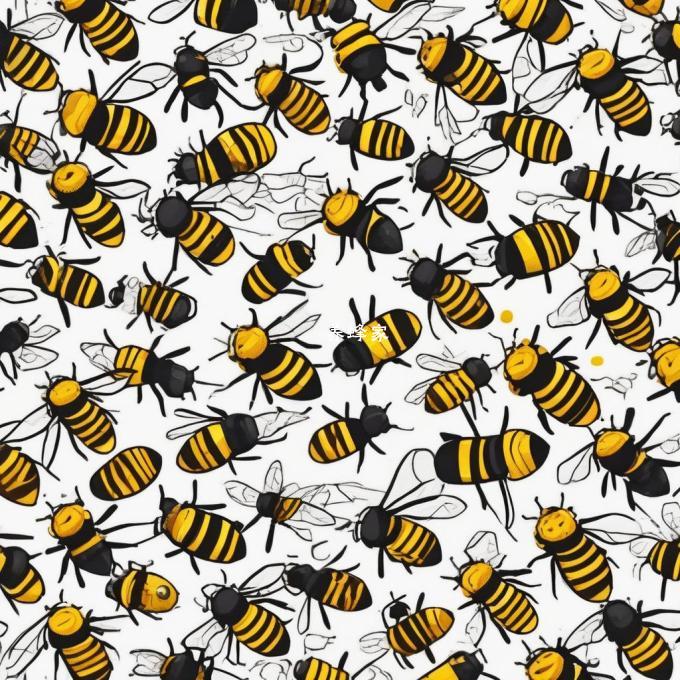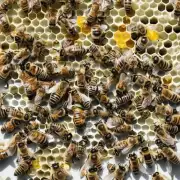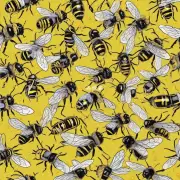如何提高蜜蜂的抵抗力 against bee viruses?
潘建明
一旦拥有,别无选择
Answer:
1. Provide a healthy environment for bees.
- Ensure adequate water sources and food availability.
- Provide shelter from extreme weather conditions.
- Avoid pesticides and herbicides that could harm bees.
2. Introduce beneficial bacteria and fungi.
- Bees are attracted to beneficial microbes that can help protect them from viruses.
- Introduce specific bacterial strains, such as Bacillus thuringiensis, which is effective against specific viruses.
- Provide a source of organic matter, such as compost or manure, which can support beneficial microbial populations.
3. Encourage natural predators.
- Create a predator-friendly environment by removing competing insects and diseases.
- Attract birds and other predators that prey on pests that could harm bees.
4. Vaccination.
- Vaccination with specific viruses can provide temporary protection.
- Consult with beekeepers or veterinarians for recommended vaccines.
5. Monitor bee health.
- Regularly check bees for signs of illness or disease.
- Promptly treat any infections with appropriate medications or treatments.
6. Provide a healthy diet.
- Bees need a balanced diet of pollen, nectar, and other food sources.
- Ensure a sufficient supply of high-quality pollen, which is the primary food source for bees.
7. Avoid stress.
- Stress can weaken bees and make them more susceptible to viruses.
- Provide a calm and quiet environment for bees to rest and forage.
8. Use organic and sustainable practices.
- Avoid the use of harsh chemicals or pesticides that could harm bees.
- Promote sustainable practices that protect the environment and support bee populations.





